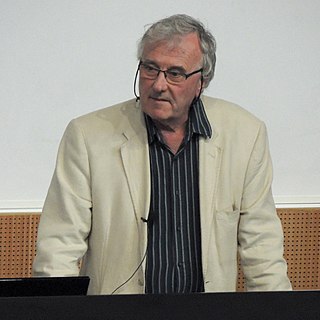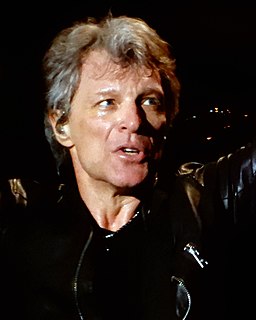A Quote by Jamais Cascio
The notion of the Internet as a force of political and social revolution is not a new one. As far back as the early 1990s, in the early days of the World Wide Web, there were technologists and writers arguing forcefully that the Internet was destined to become the most important tool for cultural change in human history.
Quote Topics
Related Quotes
What I saw quite clearly in the '80s, before the internet, was that the whole world was shifting toward digital formats, and that didn't matter whether it's movies or writing or whatever. It was something that was coming. And with the invention of the World Wide Web in the early '90s, when we were teaching our first courses, or the arrival of the internet by way of the browser, which opened up the internet to everybody - soon it was just revolutionary.
When I was 14, I spent a huge amount of time on the Internet, but not the Internet we know today. It was 1994, so while the World Wide Web existed, it wasn't generally accessible. Prodigy and CompuServe were popular, and AOL was on the rise, but I didn't have access to the web, and no one I knew had access to the web.
The enormous social change involved in a sexual revolution is basically a matter of altered consciousness, the exposure and elimination of social and psychological realities underlying political and cultural structures. We are speaking, then, of a cultural revolution, which, while it must necessarily involve the political and economic reorganization traditionally implied by the term revolution, must go far beyond this as well.
Museums have no political power, but they do have the possibility of influencing the political process. This is a complete change from their role in the early days of collecting and hoarding the world to one of using the collections as an archive for a changing world. This role is not merely scientifically important, but it is also a cultural necessity.
The Internet was supposed to be the greatest tool of global communications and means of sharing knowledge in human history. And it is. But it has also become the most effective instrument of mass surveillance and potentially one of the greatest instruments of totalitarianism in the history of the world.
Many of us were a little to early to assume that the most logical uses of the internet in authoritarian states would be to empower people. And to force them towards participation in politics. If you look at most authoritarian states, they are very grim places to live in. The only good thing about it is fast internet. That's the only way you can find some meaning in an otherwise very dark and gloomy life.
Doing research for 'Penumbra,' I read quite a bit about the early history of printing, and the more I did, the more it sounded like... the Internet today. There was crazy competition and upheaval; there were constant arguments about new techniques, new materials, new machines; and, of course, there were fortunes to be made.





































